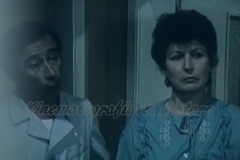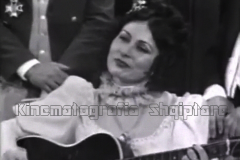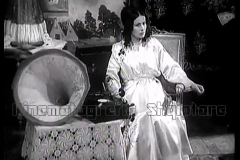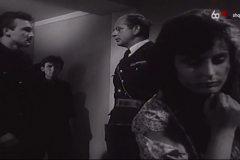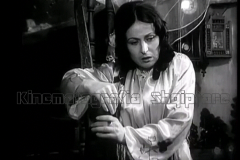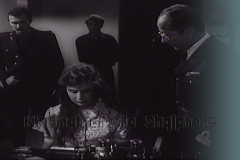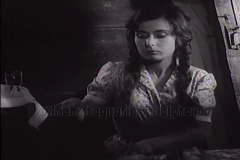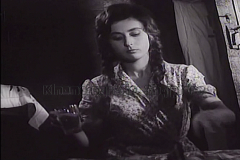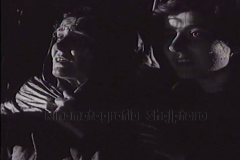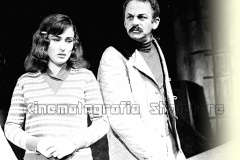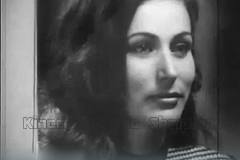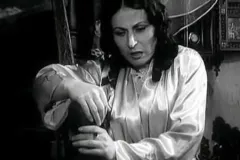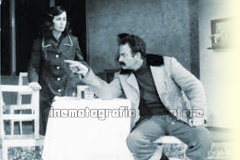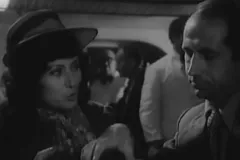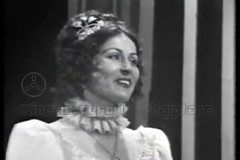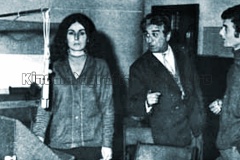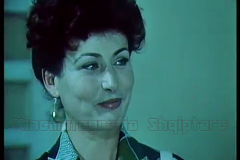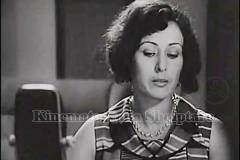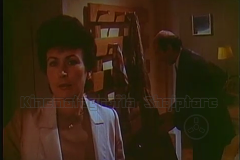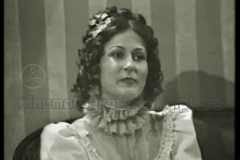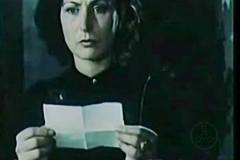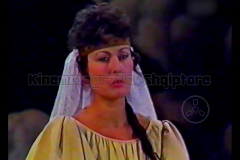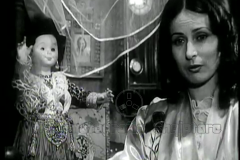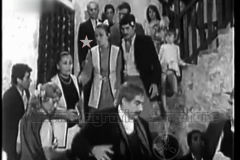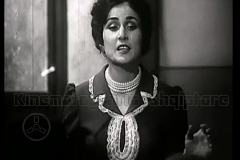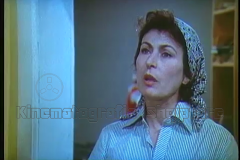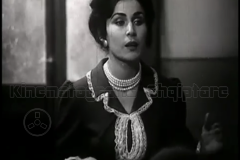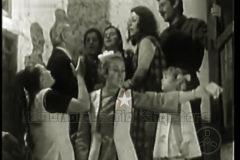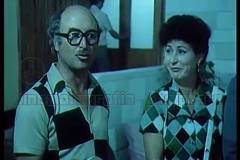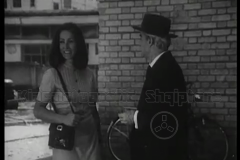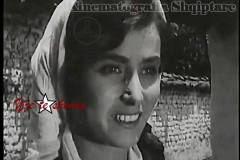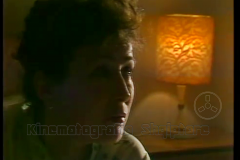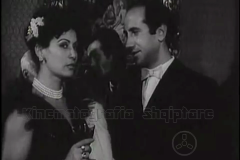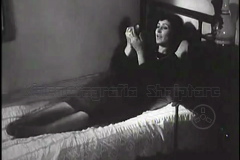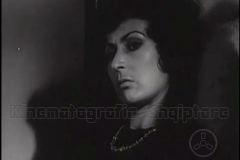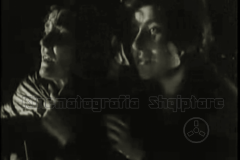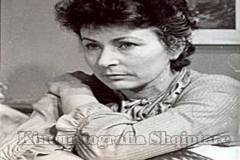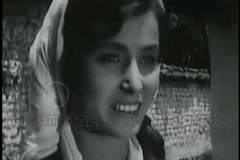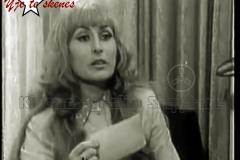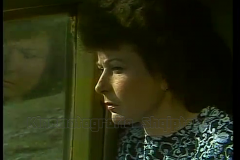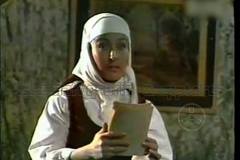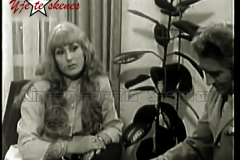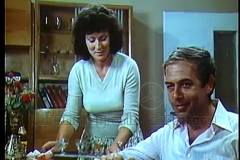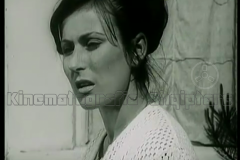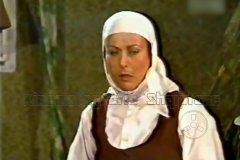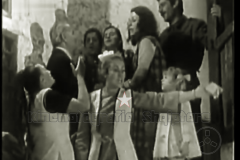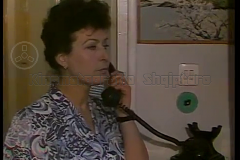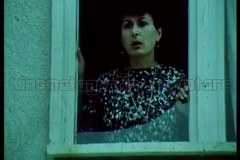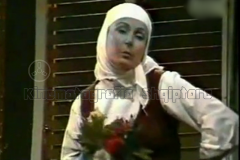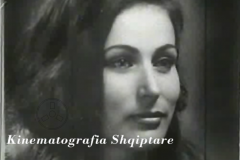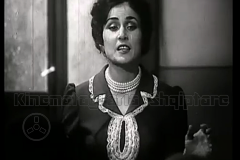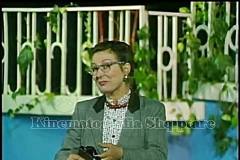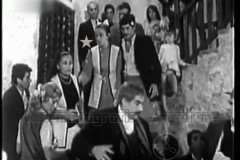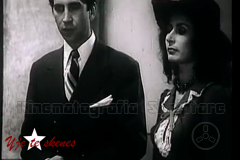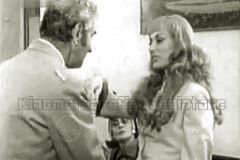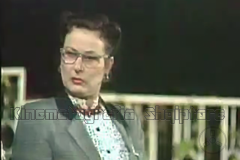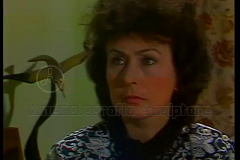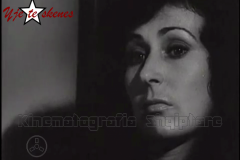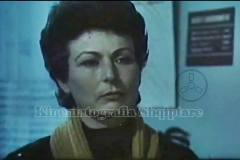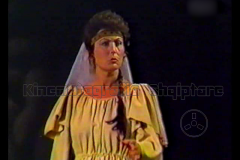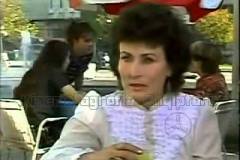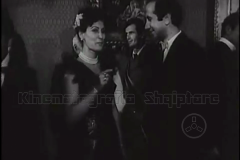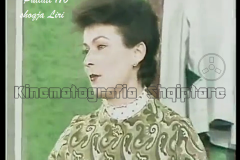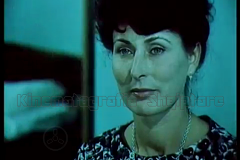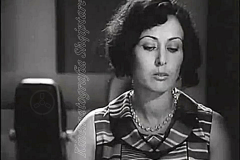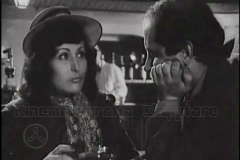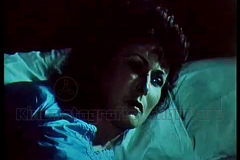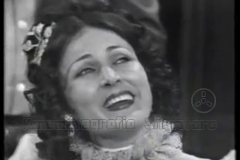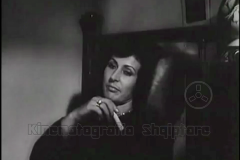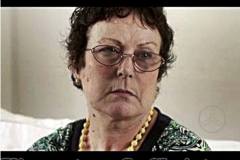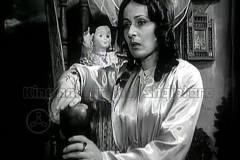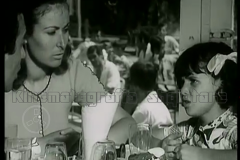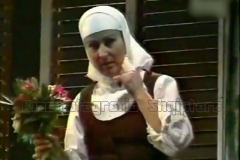Pavlina Mani
Outstanding actress of the Albanian Theater and Cinematography!
She holds the tittle “Merited Artist”
Mani was born in Lushnja on November 13, 1948. In her city, she is active with the amateur movement and with the variety shows of this city. She completed her studies at the Artistic Lyceum “Jordan Misja” in 1967 in the music department, and then went to study at the ILA (Higher Institute of Arts) in the drama department, which she finished in 1970. She immediately started working as an actress in “Teatri Popullor” where she will meet Pirro Mani, her future husband and the outstanding director of our Theater.


 In the stage of “Teatri Popullor” with a long career of about 30 years, she will perform in many dramas and comedies, she will be an actress who will take part in many prominent roles, attracting attention not only with her talent but also with her beauty.
In the stage of “Teatri Popullor” with a long career of about 30 years, she will perform in many dramas and comedies, she will be an actress who will take part in many prominent roles, attracting attention not only with her talent but also with her beauty.
Since she was a student, she played the role of Larisa in the drama “Vajza pa prike” by N. Ostrowski, a role which revealed an important side of her acting nature: the dramatic and psychological attitude accompanied by poetic highlights, sometimes dressed in a vest and melodramatic.
In this plan, she also played the role of Olive in Shakespeare’s “Twelfth Night” in 1982, while playing the role of Lady Milford in the Shiller`s drama “Louise Miller (Intrigue and Love) in 1979, on the contrary, met the plan of cynicism, coldness and irony by giving an ambitious and ruthless woman. Most of all, the actress has moved from the mindset of a woman, a mother or a girl in love, always in a complaining tone but without overlooking the shocking experiences.

 Dafina’s roles in “Lumi i vdekur”; Vjollca in “Doktor Aleksi“; Dava in “Diell mbi Kaster”; Yllka “Ata qe duhen”; Liria in “Pallati 176”; women in “Spiuni” ; the 4-th womeen in “Kush e solli Doruntinen”; Margarita in “Rikardi III”; Kizi in “8 persona plus” continuing on with other shows like “Hijet e nates” , “Permbytja e madhe”; “Monserati”; “Romeo e Zhuljeta”; “Vizita e Inspektorit”;; “Armiku i popullit”; “Larg Otrantos” ecc.
Dafina’s roles in “Lumi i vdekur”; Vjollca in “Doktor Aleksi“; Dava in “Diell mbi Kaster”; Yllka “Ata qe duhen”; Liria in “Pallati 176”; women in “Spiuni” ; the 4-th womeen in “Kush e solli Doruntinen”; Margarita in “Rikardi III”; Kizi in “8 persona plus” continuing on with other shows like “Hijet e nates” , “Permbytja e madhe”; “Monserati”; “Romeo e Zhuljeta”; “Vizita e Inspektorit”;; “Armiku i popullit”; “Larg Otrantos” ecc.

 She also performed in the comedy genre. She started with “Nje nuse per Stasin”, but she achieved her greatest success in the role of Liria in A. Balashi’s excellent comedy “Pallati 176”, presenting under a humorous veil, the alarm of a “disturbed” woman, because of the love her daughter, Elsa have for the son of Jovan Bregu, a neighboring family “not of rank”. More or less similar to this role was that of Kizi in the comedy “8 persona plus” by F. Rad.
She also performed in the comedy genre. She started with “Nje nuse per Stasin”, but she achieved her greatest success in the role of Liria in A. Balashi’s excellent comedy “Pallati 176”, presenting under a humorous veil, the alarm of a “disturbed” woman, because of the love her daughter, Elsa have for the son of Jovan Bregu, a neighboring family “not of rank”. More or less similar to this role was that of Kizi in the comedy “8 persona plus” by F. Rad.
It should also be mentioned the role of Ana Andreyeva in Gogol’s comedy “The Inspector” under the title “The Inspector’s Visit”, giving this role a treatment under a grotesque perspective, far from “contempt”, infantile snobbery and the nobility of a provincial lady: on the contrary, now mockery and ridicule are done in a completely open way.
For a period of time in the early 80s, she directed a show for children in TVSH. Meanwhile, in cinematography, her first role will be that of Shpresa in the film “Oshetime ne bregdet” in 1966 when she was still a student. Then she will play in two films for children in the role of the mother in the film “Mimosa Llastica” (1973) and in 1974 “The Youngest City in the World”.
For Pavlina, the roles will follow one after the other, protagonist roles but also secondary ones. P. Mani will perform 15 roles in cinematography. In 1976, she will play in two films, in the masterpiece “The General of the Dead Army” (in two roles, first as Betty, Colonel Zampa’s girlfriend, and later as a wedding bride), and in “Poppies on the wall” in a role of an Italian music teacher.
 Mani will also try comedy in cinematography such as “Dy here mat” (1986), “Tela per violine” (1987); “Benches in the park” (1988) etc.;
Mani will also try comedy in cinematography such as “Dy here mat” (1986), “Tela per violine” (1987); “Benches in the park” (1988) etc.;
On December 9, 1997, at the Saint Etienne Euro Festival in France, she was awarded the “Best Actress” Award for her portrayal of Vera in the film “Bolero”.
She is married to the well-known director Piro Mani (People’s Artist). In the 2000s, Pavlina Mani will enrich her career by skillfully performing in a drama series “People and Fate” (from 2001 to 2003).
In 2004, she will continue to perform in the drama genre when she plays in the movie “It was time for love” which was actually born as a summary of the series ” People and fate”.
After a long break (since 2004), she returns to the cinema screen, working with director Paul Kurti for the film “Thriller Right To Love” (2012). After receiving some praise in America, the film was released in early March in Moscow, Russia.
She continues to currently live with her family in the USA since v. 2000. P. Mani was honored with prizes in national and international competitions. She holds the title “Merited Artist”.
Filmography •
Echo on the coast-(1966)…Shpresa
• Spoiled Mimoza – (1973)…Mimoza`s Mother
• Youngest city in the world – (1974)
• The General of the Dead Army – (1976), Betty
• Poppies on the Walls – (1976), The Music Teacher
• Radio Station – (1979), Mariana
• After Death – (1980), Lily
• The Road to freedom – (1982), Nafi
• On the verge of life – (1985) , Ermione
• Check Mate Twice – (1986), Ilos woman
• Strings for Violin – (1987) , Mucos woman
• Benches in the Park – (1988) , Antigone
• White Pages – (1990) (TV) , Kristina
• Bolero – (1997) …Vera
• He’s Coming (1999) mini-series
• People and Fate – (2001-2003)…Drita
• It was time for love – (2004)
• Right to Love – (2012) Maviola
Theater
“Servants”; “Shadows of the Night”; “Who brought Doruntina”; “Twelfth Night”; “8 persons plus”, “Dead river”; “Doctor Alexi”; “The era before the trial”; “Sun over Caster”; “Those who are needed”; “Palace 176”; “The spy”; “Richard III”; “The Great Flood”; “Monserrat”; “Romeo and Juliet”; “Visit of the Inspector”; “Enemy of the people”; “Far from Otranto” etc.
Awards and Titles
December 9, 1997
– The “Best Actress” award for the interpretation of the role of Vera in the film “Bolero” at the Saint Etienne Euro Festival in France held from December 2 to 9, 1997.
It was published for the first time since November 2013 and revised in the following years.
______________________
Albanian Cinematography in activity that in 2013
Reference: Books for film and theater: “Encyclopedia, Albanian Theater and Cinematography – Toena 2009 (J. Papagjoni / p. 285); 60 years of the National Theater 1945 -2005 (F. Slatina / p. 80), as well as an information extracted from the online Albanian newspaper.
Follow us: Blog: https://albaniancinematography.blogspot.com/ Vimeo: Albanian Cinematography (vimeo.com) Facebook: https://www.facebook.com/ksh.faqjazyrtare Dailymotion: https://www.dailymotion.com/kinetografiashqiptareartisporti YouTube: https://www.youtube.com/channel/UCDRYQ5xCyGkfELm3mX8Rhtw
Discover more from Albanian Cinematography - Sport
Subscribe to get the latest posts sent to your email.

